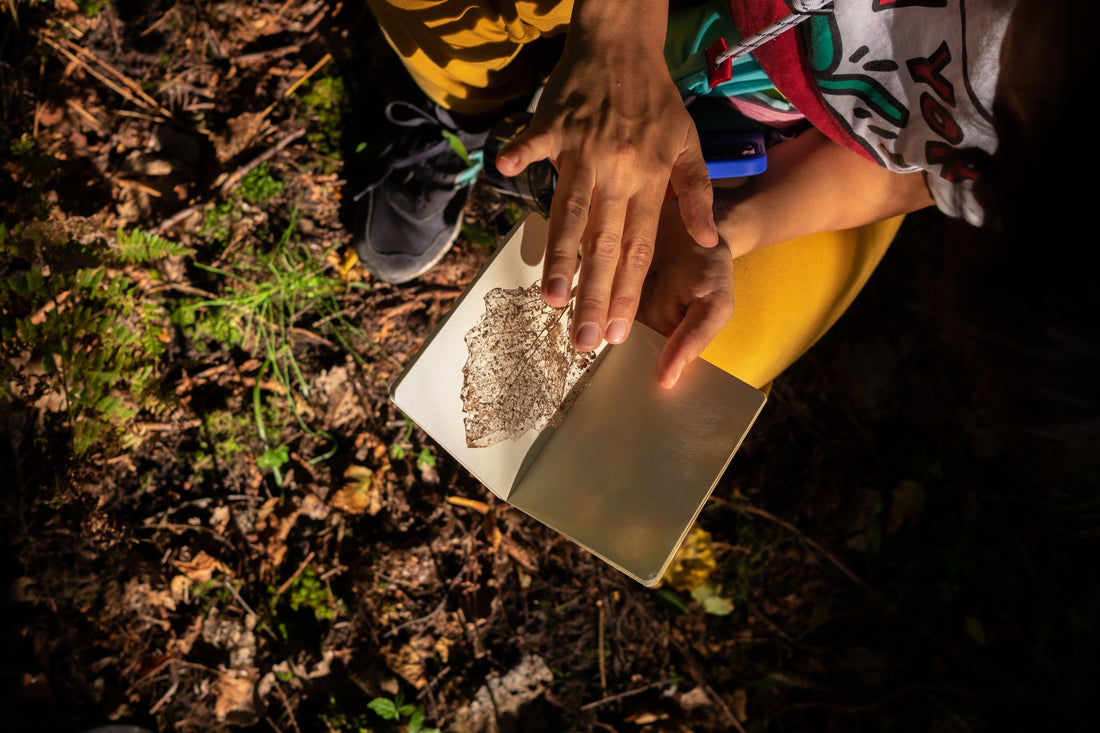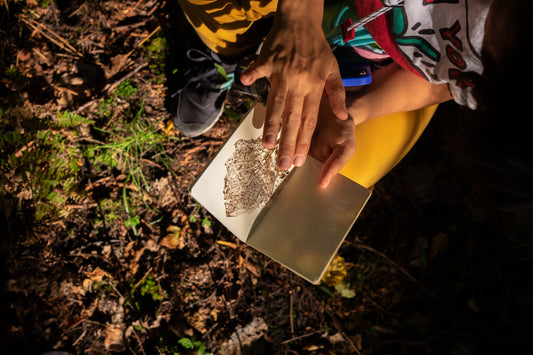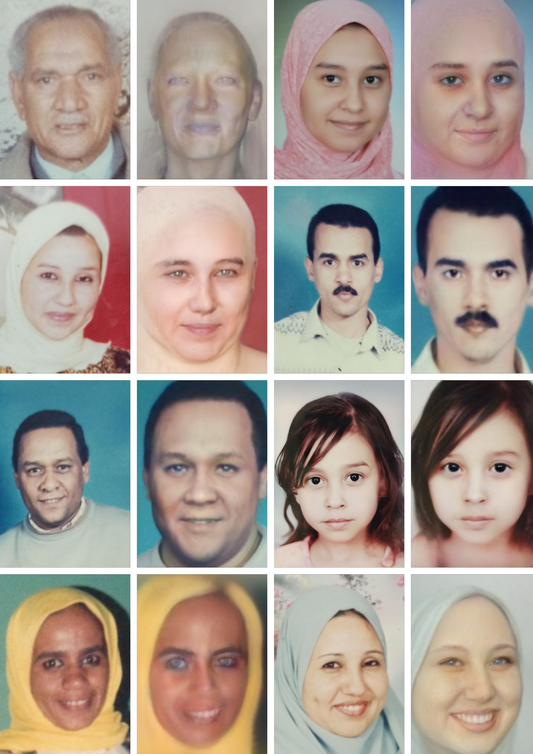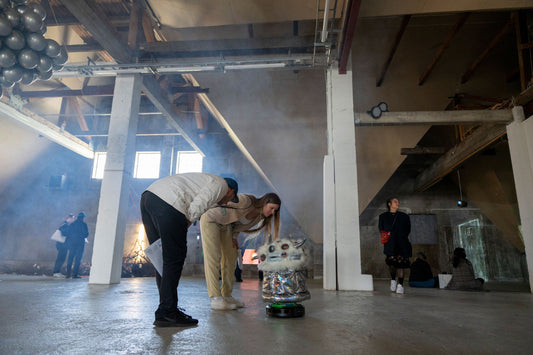
As we anticipate a world facing climate damage, rising authoritarianism, and the failure of centralized infrastructures, working towards solutions that are local-first, globally connected, tangible, and resilient will ensure that the communities we care for can, in turn, care for us.
In the design and delivery of Intelligent Terrain, a set of ecological metaphors was leveraged to reimagine arts and cultural production towards climate and ecological repair.
This program, designed for arts professionals, cultural workers, and creatives, aims to research possible ways to interrogate digital representation, algorithmic systems, and internet censorship as they learn from the landscape.
Just as we inhabit our physical bodies, we inhabit landscapes and live within and from them. We have seen the impact of failing to acknowledge our entanglement with natural systems. From stone tablets to silicon chips, intelligent machines are not further away from the land than an engraved piece of stone. To varying degrees, we are organized by our landscapes, and how might land inform the development and responses to AI? How might we change the focus of surveillance from monitoring and control to understanding the relationships among people and environments? How might traditional knowledge and stewardship underpin ethical AI?
According to legal scholar and member of the Chippewa of the Nawash First Nation John Borrows, in oral and visual cultures, law flows from the people and from the natural world and is reflected in the artistic and physical world. To imagine ourselves as disentangled from our landscapes creates the conditions for the evacuation of these spaces. How might an ethic of stewardship, centered in natural environments, suggest developmental pathways for AI and responses to its excesses?
Intelligent Terrain is co-produced and delivered in partnership with UKAI Projects and Ferme Lanthorn in Wakefield, Quebec.

Research Curriculum
The 7-month research and experiential learning program will focus on the following themes:
Culture, Nature, and Technology
Algorithmic Systems’ Relationship with Craft
Exploring Ecological Metaphors
How does ecological storytelling align with your new media practice?
Materiality of Digital Technology
How do you situate your practice through ecological metaphors?
Contact us for co-producing a research cohort
Funding
Program design funded by the Canada Council for the Arts; 2024 Fall cohort supported by Arts Council Korea
Cohorts
2022 Fall / 2024 Spring / 2024 Fall / 2025 Year-long (independent research)
Program Partners
UKAI Projects (AI Research)
Ferme Lanthorn (Ecological Practices)



